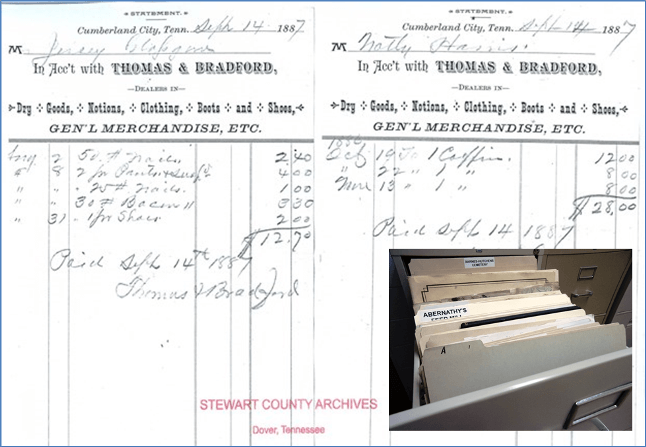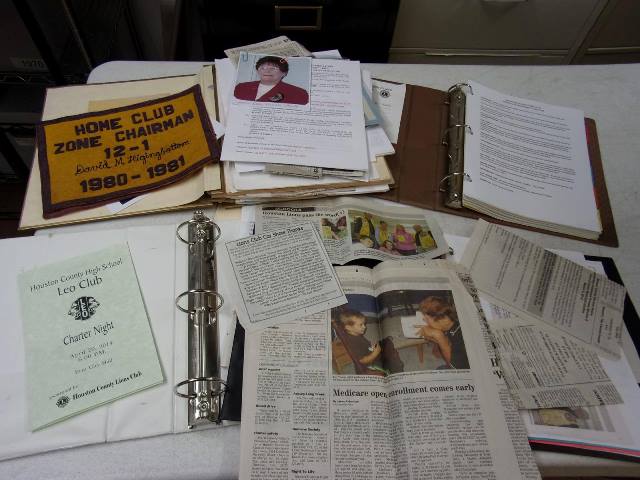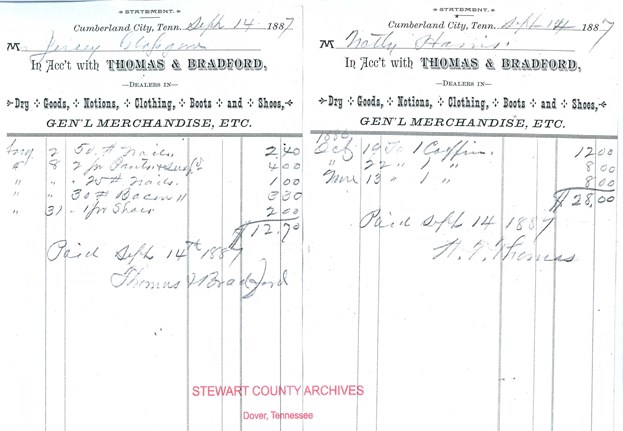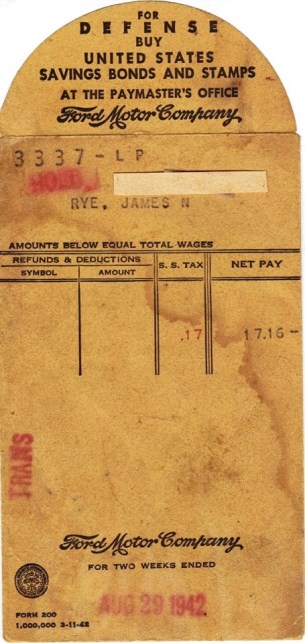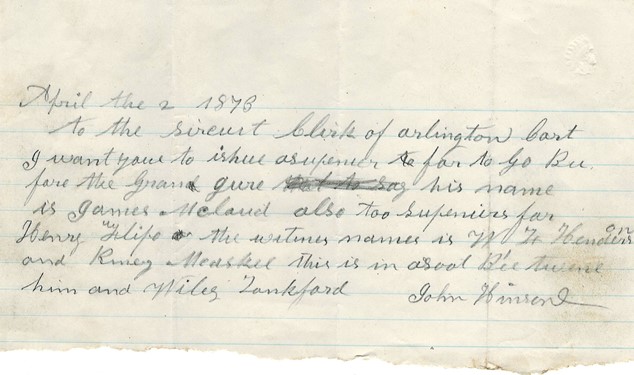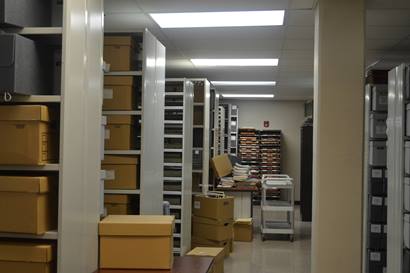These two unusual genealogy sources may unlock secrets to your family history research! The Archive Lady Melissa Barker shares tips for finding and using these two little-known types of original manuscripts that you may find tucked away in an archive.
Two unusual genealogy sources you may be missing out on
Census records, check. You’ve got them. Obituaries, birth records, death certificates, city directories….check, check, check. Scrap paper and orphaned documents….What? When’s the last time you put these on a checklist of genealogical sources to search?
Scrap paper–anything from receipts to notes to tickets–may contain scraps of your family history. In fact, here at Genealogy Gems, we blogged awhile back about a major family revelation that occurred simply because a researcher came across a train ticket receipt from 1856. And “orphaned documents” are any types of original documents that archivists come across, but don’t seem to belong to any particular collection. Meaning, they’ve been separated from their historical context, or “orphaned.”
3 places to find scrap paper and orphaned documents in archives
1. Vertical file collections
The majority of the time, scrap paper and orphaned documents in archives get filed in Vertical File Collections that are cataloged by surname or subject name. As I’ve written previously, vertical files (or subject files as they are sometimes called) can be found in most state and local archives, historical societies, genealogical societies, libraries and even in some museum collections. These files are simply collections of documents and ephemera that are put in file folders which are then put in filing cabinets and cataloged by surname or subject. They’re sometimes a filing location of last resort for anything that should be kept but doesn’t really “go” anywhere. And often, vertical files may be cataloged by subject but their individual contents probably aren’t.
2. Manuscript collections
Scrap papers and orphaned documents are also sometimes found in individual manuscript collections. Sometimes archivists will include scrap paper and orphan documents in a manuscript collection if they can determine the family or organization it belongs to. The scrap paper and orphan documents will be listed in the finding aid and usually referred to as “miscellaneous documents.”
In the Genealogy Gems Premium Podcast episode #149, I shared tips for visiting archives and doing research in original manuscript collections. Anytime you visit a library or archive that may have collections relevant to your family, ask to see their finding aids (which describe their collections). Scan descriptions for your family’s surname, ethnicity, occupations, where they went to school and church and other details you know about them.
3. Loose records.
Another place scrap paper and orphan documents can be found are in loose records, usually in contained in file folders entitled “Miscellaneous Documents” or “Orphan Records.” Again, ask whether you’re allowed to dig through these or at least look over any finding aids that describe their loose record collections. Digging through loose pieces of paper can be a treasure hunt. Even if what you discover doesn’t directly relate to your family, there are so many fascinating bits of history in loose records!
This little piece of scrap paper may have had important implications for those mentioned in it—can you decipher the charming spelling?
Learn more about researching with original records
Even though so much can be found, it’s true that not everything is online. To learn the most about your family history, you sometimes need to visit archives, libraries and other repositories. This is actually quite fun, especially when you discover unusual genealogy sources such as these! Click here to read more articles from The Archive Lady about researching in archives.
Images courtesy of Melissa Barker and Houston County, TN Archives.
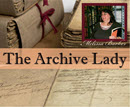
About the Author: Melissa Barker
The Archive Lady
Melissa is a Certified Archives Records Manager, the Houston County, Tennessee Archivist and author of the popular blog A Genealogist in the Archives and an advice columnist. She has been researching her own family history for the past 27 years.


